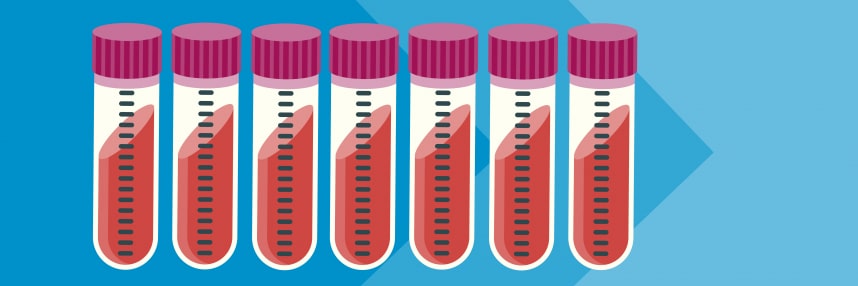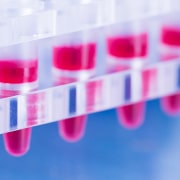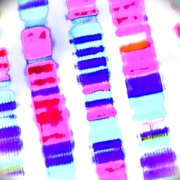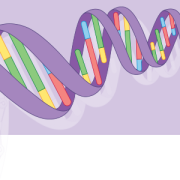NHS to trial new multi-cancer blood test
More than 50 different types of cancer can be detected by the new test, but how will it work?
The Galleri test is a new blood test capable of detecting over 50 different types of cancer by looking at the bloodstream for signs of DNA shed from tumours.
The world-first pilot for the test, a collaboration between GRAIL and the NHS, was announced in November 2020, and will begin this year.
Detecting cancer early
Over 150,000 people die from cancer in the UK every year, and over 80% of those deaths are caused by cancers for which there is currently no recommended screening programme.
The NHS Long Term Plan includes a goal to reduce cancer deaths by increasing the proportion of cancers caught early. This is important because patients who are diagnosed with stage I cancers are five to ten times more likely to survive than those with stage IV cancers.
Currently, around 50% of cancers diagnosed by the NHS are stages I or II. The goal is to detect more cancers in these early stages and increase that figure to 75% by 2028.
To accomplish this, better cancer screening will be required. But screening programmes are not currently in place for certain types of certain types of cancer, including some that are difficult to treat, such as ovarian and pancreatic cancers. People with these types of cancer often have few symptoms in the early stages, and the cancers are therefore more challenging to diagnose using existing methods.
A new test
A Californian healthcare company, GRAIL, has developed the Galleri test: a new blood test with the potential to diagnose many types of cancer earlier and with more accuracy.
Published research on an earlier version of the test showed that it could detect over 50 types of cancer from a blood sample, and that it could differentiate between different cancer types.
The test works by looking for cell-free DNA (cfDNA) in the bloodstream that has been shed by tumour cells. Testing cfDNA is an established method of cancer detection and is similar to non-invasive prenatal testing (NIPT) – a procedure where fragments of fetal DNA are isolated from the mother’s blood.
The Galleri test works by looking for methylation patterns on the DNA fragments. Methylation is a type of epigenomic modification, which sits ‘on top of’ the genetic code. These modifications do not alter the DNA sequence itself, and typically control gene expression. Different types of cancers can be identified through their methylation signatures, which differ both from healthy cells and from other types of tumours.
By finding these signatures, the test can help narrow down what sort of cancer may be present in patients with non-specific symptoms, and detect cancer in some people before any signs appear.
Getting started: a world-first pilot
The pilot scheme is scheduled to begin in mid-2021 and will involve 140,000 participants aged between 50 and 79 who have no cancer symptoms. These participants will be selected based on NHS records and given the opportunity to take part in the pilot. Each person will have a blood sample taken annually for three years, with further investigation and treatment as necessary if cancer is detected.
The test will also be offered to 25,000 people with cancer symptoms to evaluate whether it can help speed up the diagnosis of the condition.
The first results of the pilot are expected in 2023. If the results from the pilot scheme are successful, the test could be extended to around one million participants across 2024 and 2025, with the possibility that it could become routinely available in future.
Learn more about how different types of cancer can be identified in our video about mutational signatures.
–









